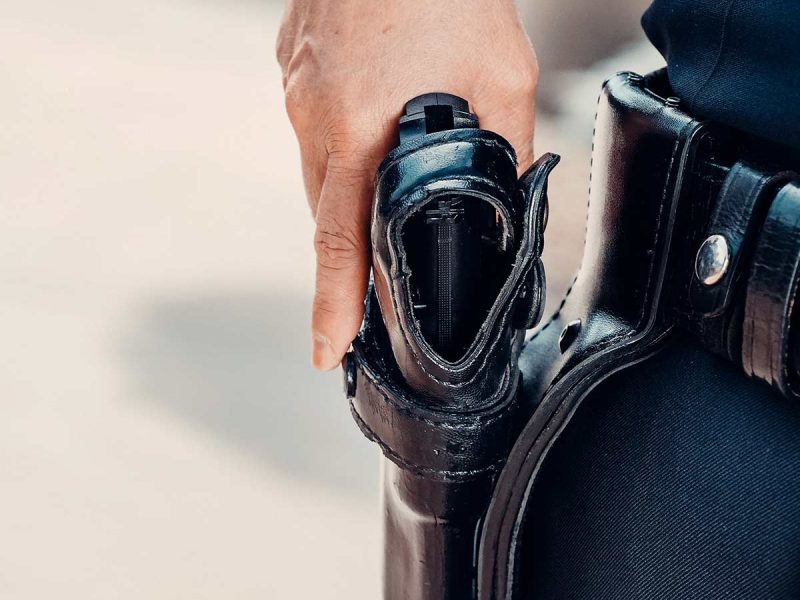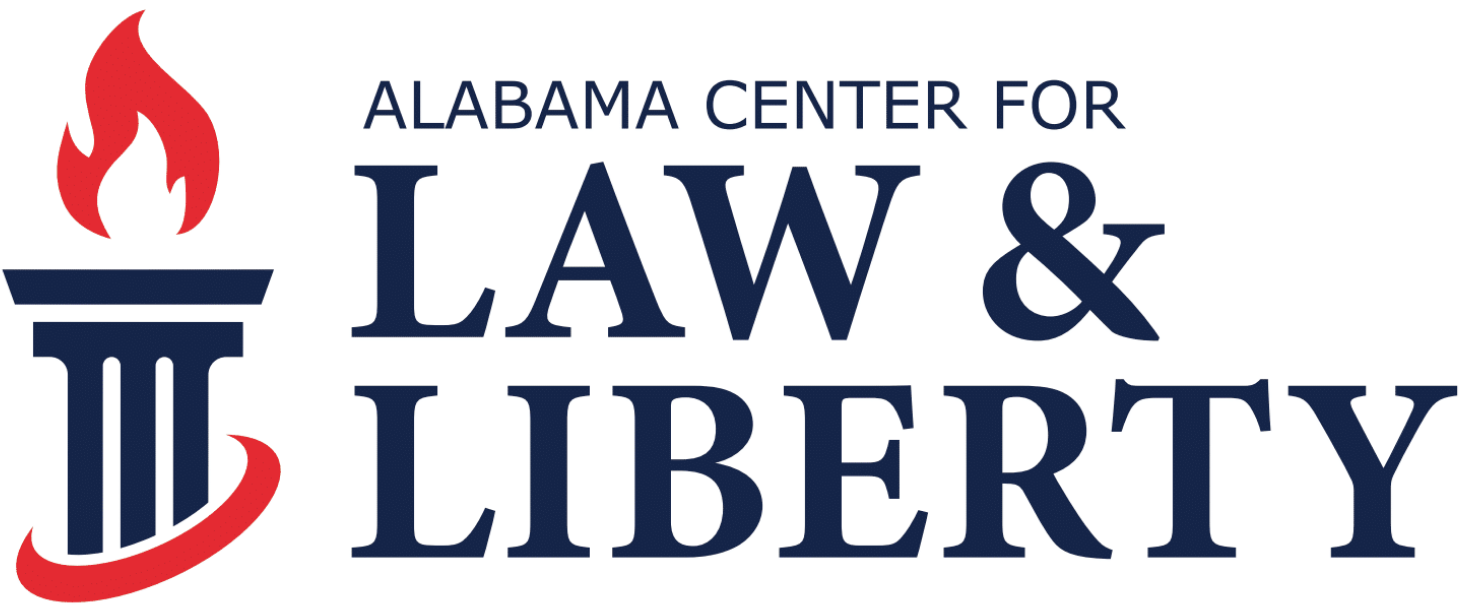New York State Rifle & Pistol Ass’n
v.
Bruen
ACLL Role: Amicus
Case Start Date: March 8, 2019
Deciding Court: U.S. Supreme Court
Original Court: U.S. District Court for the Northern District of New York
Practice Area(s): Limited Government
ACLL Role:
Case Start Date:
Deciding Court:
Original Court:
Practice Area(s):
Amicus
March 1, 2018
U.S. Supreme Court
U.S. District Court for the Northern District of New York
Limited Government
CASE SNAPSHOT
The State of New York does not allow its people to openly carry firearms, and it issues concealed carry licenses only for “proper cause.” In 2018, the New York State Rifle & Pistol Association (“the Association”) sued the State over the constitutionality of its scheme after it denied concealed carry permits to some of its members. The Association lost in the lower courts, but the Supreme Court agreed to take the case. The question before the Court is whether New York violated the Second Amendment by denying Petitioners’ applications for concealed carry permits. ACLL submitted an amicus curiae brief making two points. First, a State violates the Second Amendment if its restrictions on carrying firearms cut off an average citizen’s right to carry a handgun for self-defense, which it has done here. Second, if the Court adopts any test to govern the time, place, and manner of carrying arms, then it should adopt the time, place, and manner test it uses in free speech cases. Under that framework, any government regulation of the manner of carrying firearms that fails to leave open ample alternative methods of carrying guns would violate the Second Amendment.
STATUS
ACLL filed a friend-of-the-court brief at the Supreme Court on July 9, 2021.
FOR THE MEDIA

CASE SUMMARY
Legal Background
The Second Amendment of the United States Constitution states, “A well regulated Militia, being necessary to the security of a free State, the right of the people to keep and bear Arms, shall not be infringed.” In 2008, the Supreme Court held in District of Columbia v. Heller that the Second Amendment protects the individual right to possess and carry firearms for self-defense in case of confrontation. Two years later, it held in McDonald v. City of Chicago that the Fourteenth Amendment applies this right to the states. Thus, neither the federal government nor the states may infringe on this right.
Heller and McDonald were good decisions. But up until now, the Supreme Court has been unwilling to apply this right to anything other than the right to possess a handgun in one’s home. Justice Clarence Thomas, disappointed in the Court’s failure to protect the Second Amendment more vigorously, lamented in 2017, “I find it extremely improbable that the Framers understood the Second Amendment to protect little more than carrying a gun from the bedroom to the kitchen.”
Fortunately, after President Trump appointed Brett Kavanaugh and Amy Coney Barrett to replace Anthony Kennedy and Ruth Bader Ginsburg, the Court appeared willing to consider other issues arising under the Second Amendment.
New York’s Concealed Carry Scheme
New York, like a number of other states, does not allow its people to carry firearms openly. Furthermore, it will not grant a person a license to carry a concealed firearm unless they demonstrate “proper cause.”
After denying several concealed carry applications, the New York State Rifle & Pistol Association (“the Association”) sued New York over its concealed carry law, arguing that it violated the Second Amendment. When the Association lost in the lower courts, former U.S. Solicitor General Paul Clement asked the Supreme Court to take the Association’s case. The Supreme Court agreed, granting certiorari as to the question of whether New York violated Petitioners’ Second Amendment rights by denying their concealed carry applications.
The Second Amendment’s Application to Concealed Carry Permits
The historical record demonstrates that the right to carry firearms for self-defense at the time of the American Founding was well-settled. From the Colonial era through the Founding era, Americans carried weapons for self-defense. Thus, the question of whether the Second Amendment protects the right to carry arms, or to bear arms as the Second Amendment explicitly says, is beyond dispute.
The question of whether the government may prohibit the concealed carrying of firearms did not arise until after the Second Amendment was ratified. The early court decisions considering this question were split pretty evenly. Without much historical data to support the argument either way, the answer to this question must be determined by examining the nature of the Second Amendment itself.
Because the Second Amendment guarantees an individual’s right to carry firearms for self-defense, any regulation of concealed firearms may not deprive a citizen of his right to bear arms altogether. That is exactly what New York has done in this case, because under its statutory scheme, a person may neither carry arms openly or concealed without prior permission from the government. Consequently, ACLL filed an amicus curiae brief explaining this principle in detail and arguing that the States do not have the right to cut off a citizen’s right to carry arms for self-defense altogether, as it has done here.
Furthermore, in the First Amendment context, the Supreme Court has held that the government may regulate the time, place, and manner of speech if certain criteria are met, the most important of which is leaving open ample alternative channels of communication. ACLL argued that the Court should apply a similar framework if it thought it needed to use a judicial test. If it applied that framework here, then any restriction on the manner of carrying arms (such as concealed carry permits) must leave open ample alternative methods of carrying arms for self-defense. Because New York has completely closed off the ability of the average citizen to carry weapons in case of confrontation, it violated the Second Amendment.
Importance to Limited Government
James Madison argued in The Federalist Papers that one of the best checks against a tyrannical federal government was the fact that the people were well armed. That principle still holds true today. People need arms to protect themselves and their families not only from criminals, but also from oppressive government. Consequently, the courts must afford the Second Amendment the fullest extent of protection that it deserves.
Alabama Center for Law & Liberty 2213 Morris Ave, Floor 1 Birmingham, AL 35203 256-530-0519
The Alabama Center for Law and Liberty is Christian non-profit law firm.
©Alabama Center for Law & Liberty. All rights reserved.
